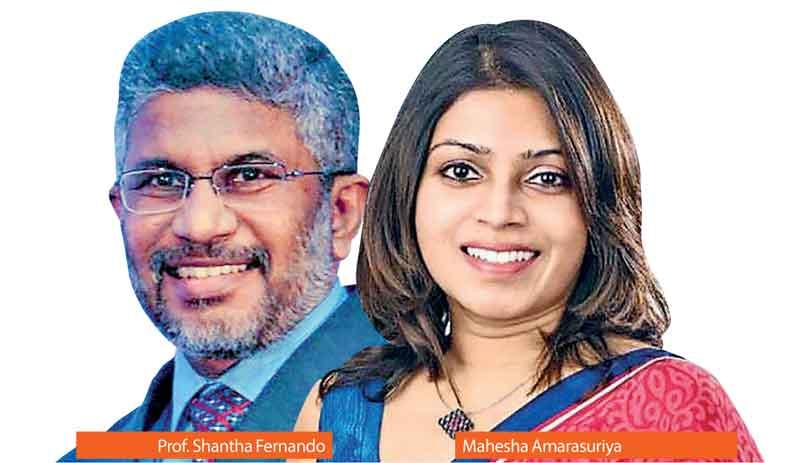Reply To:
Name - Reply Comment


By Nishel Fernando
Despite high ownership of debit cards and mobile penetration, Sri Lankans are still reluctant to embrace non-cash transactions, industry experts said, which indicate that more work remains to be done to build confidence in this space.
According to Mastercard Sri Lanka Director Mahesha Amarasuriya, currently only less than five transactions are conducted from a Point of Sale (POS) terminal on average per day. The country had 111,205 POS terminals as of September last year. Similarly, on average, less than five transactions are recorded by a QR merchant per quarter of a financial year.
Out of the 18.3 million debit cards in circulation, only six transactions were recorded per debit card on average for the whole year.
“When you look at this space, there’s a lot to do, that’s where payment networks, financial institutions, fin-techs, and techs need to get together because as long as we grow the pie, everyone has a better share,” Amarasuriya said outlining the need for a united approach to promoting these non-cash payment methods.
Prof. Shantha Fernando of Faculty of Engineering of University of Moratuwa stressed that with the technology, banks have to align themselves since without that customers will not be happy.
“It’s true that in some countries such as ours, technology penetration is low, even though mobile penetration is high, the number of users as a percentage of the population who use new technology is very much less. Some people conduct high-value transactions, and there are Gen Z increasingly getting into this,” said Professor Fernando.
Therefore, he called on the banks to prepare themselves to cater to this growing demand in advance.
“The problem is when we incubate whatever is popular, whether it’s secure enough, robust enough. With any technology, there’s a particular period it requires to get stabilised. Sometimes, the preferred option for a critical field such as fintech is not to go with the latest innovations, but with something that has been tested over a minimum period. Then, we know glitches, problems, pluses and minuses,” he added.